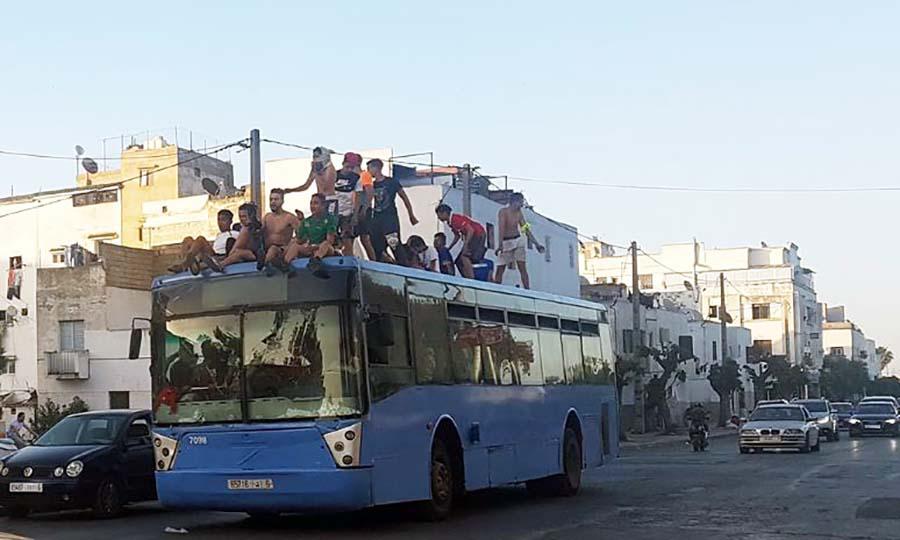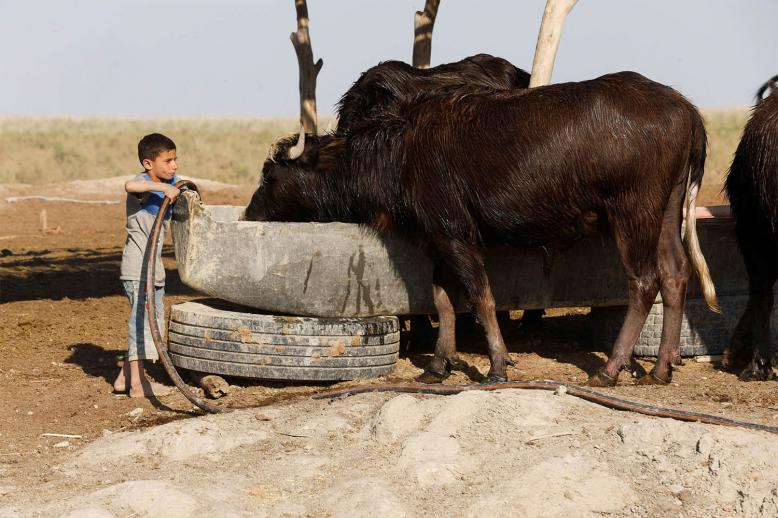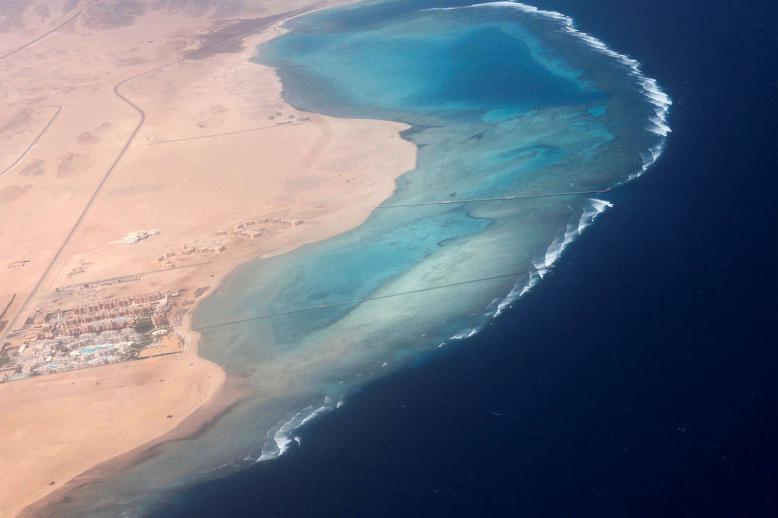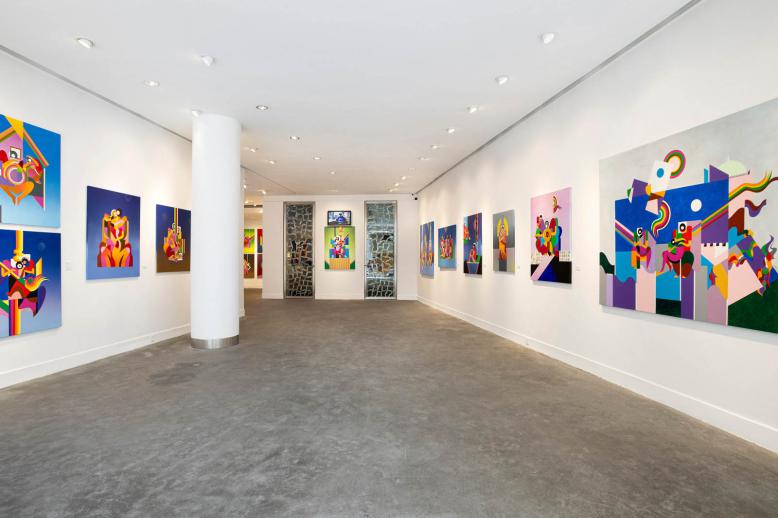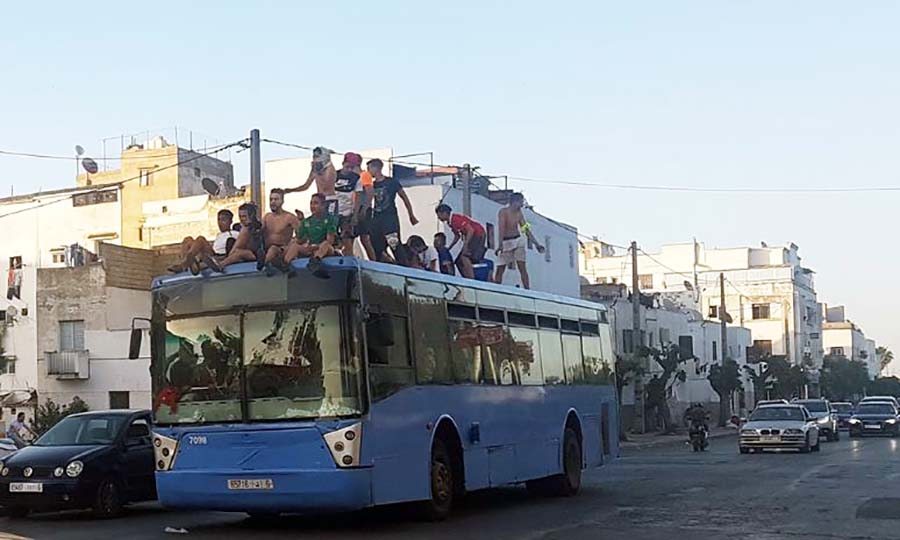Traffic jams, filthy streets, decaying buses turn life in Casablanca into daily nightmare
CASABLANCA - Work on infrastructure projects causing huge traffic jams at peak hours, overcrowded buses and overloaded bins have turned Casablanca into frustrating and irritating obstacle course.
Infrastructure projects that were to improve Casablancans’ life and ease the daily traffic congestion are behind schedule, leaving traffic at some boulevards at almost a standstill.
The projects fall within the Greater Casablanca Development Plan (2015-20), which seeks to improve quality of life for Casablanca’s inhabitants, enhance mobility at the regional level, promote economic attractiveness and improve the business climate, Casa Invest said.
The development plan includes construction of a modern public transport system in Casablanca, including expansion of the tramway, improvement of potholed streets, traffic road infrastructure and the upgrading of cultural, sports and animation infrastructures.
A 224-metre cable bridge opened under public pressure May 10 to ease seemingly endless vehicle queues in Sidi Maarouf district.
The bridge was to have opened at the end of 2018. The delay prompted frustrated motorists to turn to social media to denounce authorities for a supposed nonchalant attitude towards residents’ suffering.
“Save Casablanca” has become the platform — 163,000 members — and rallying cry of the city’s residents on social media as they express their daily concerns, ranging from transport to cleanliness.
Prior to the opening of the bridge, dozens of publications featured photographs of long vehicle queues, illustrating motorists’ daily nightmare.
Entrepreneur Aimane Sami said he had to endure four years of daily traffic jams before the opening of the bridge.
“During peak hours, if I leave at 6.45am, it takes me 35 minutes to reach my company in Bouskoura. If I leave at 7.15, it is a 1-hour journey,” said Sami.
Even with the bridge open, Sami now must deal with construction of an underpass in the junction of Brahim Roudani and Ghandi boulevards.
“I’m forced to regularly use a chauffeur for practical reasons due to the driving time I waste besides the stress,” he added.
Younes Abourizk, a 35-year-old IT consultant, said he had to get another car because of knee pain that came from driving his other car for long hours.
“I changed my manual gearbox to automatic because of the traffic jams that have taken their toll on my knee. Driving is very stressful in Casablanca,” Abourizk said.
Smail Serbout, an engineer and expert in risk management, told Moroccan daily Le Matin that the bridge will relieve traffic at the intersection of Sidi Maarouf, which handles 14,000 vehicles per hour at peak times.
Casablanca has also become synonymous with decaying and overcrowded buses that endanger passengers’ lives. Almost $249 million is needed to acquire a fleet of 700 buses that will be in circulation in Casablanca by 2021 to replace the decaying buses after management contract of M’dina bus was not renewed.
Casablancans also have had to bear the brunt of overloaded rubbish bins in the streets longer than expected after the City Council extended the deadline for introducing new collection engines provided by Derichebourg and Averda to six months.
Casablanca Mayor Abdelaziz El Omari said: “At the time of the negotiations, before the award of the contract, we reached an agreement that allowed us to save 97 million Moroccan dirhams ($1 million) on the initial budget dedicated to cleanliness.”
Scores of people have been deploring the degrading state of Morocco’s biggest and richest city and calling on councillors to learn from Tangier’s successful development plan.
“I suggest that the Casablanca’s councillors be taken in a third-category coach and tour Tangier,” wrote Mohamed Filali Aoual on the Save Casablanca Facebook page.
“First, they will know how this city has been metamorphosed. Second, they will have time to meditate on their bad governance,” he added.
Vice-Mayor Abdelmalek Lakehayli, who is also president of Ain Choq District, called on citizens to be patient.
“We are completely aware of the effect of the cleanliness of inhabitants. We raised the budget to allow the delegated companies to improve their services,” said Lakehayli in a video published on social media.
Saad Guerraoui is Deputy Editor in Chief of Middle East Online and a regular contributor to The Arab Weekly on Maghreb issues

